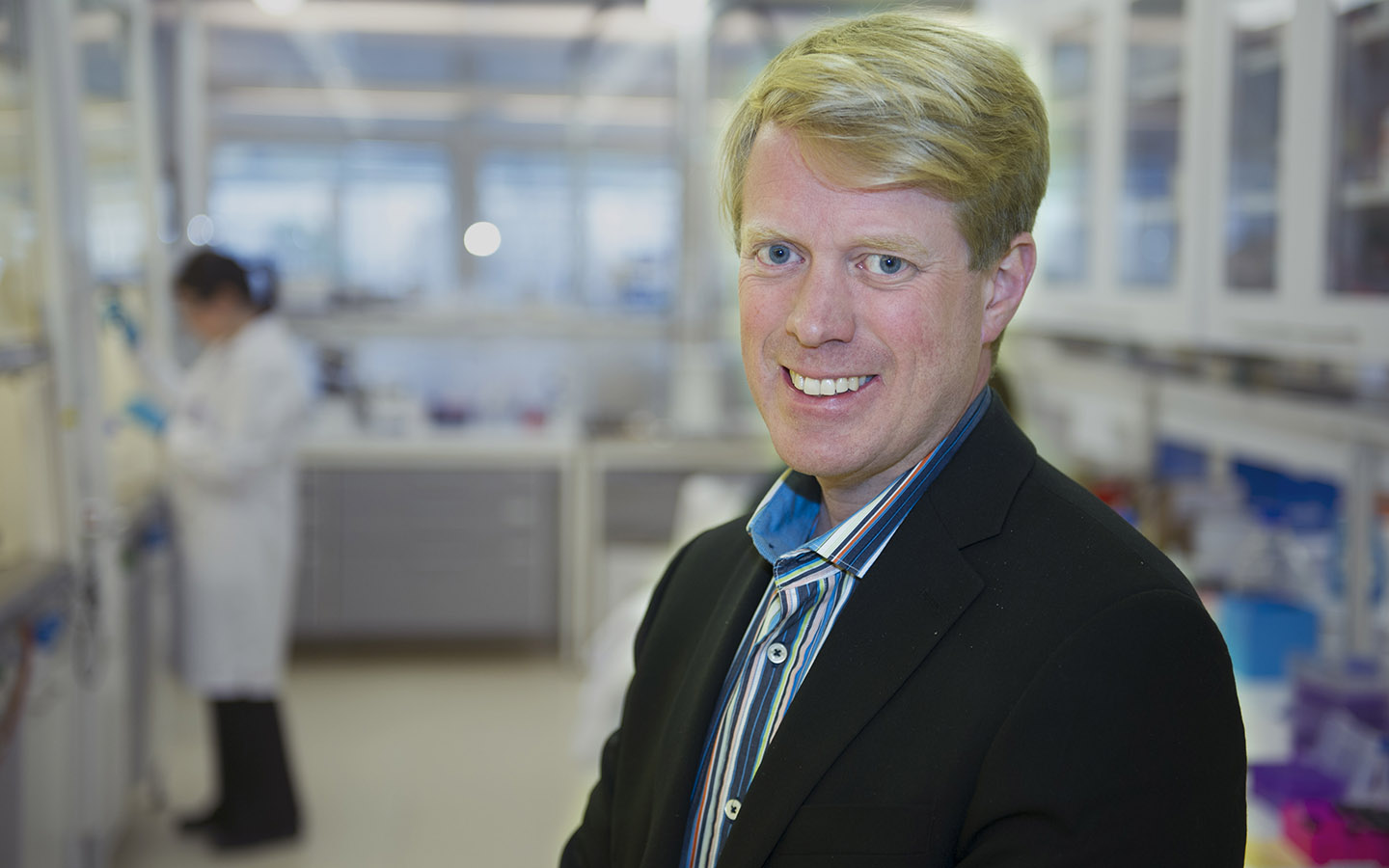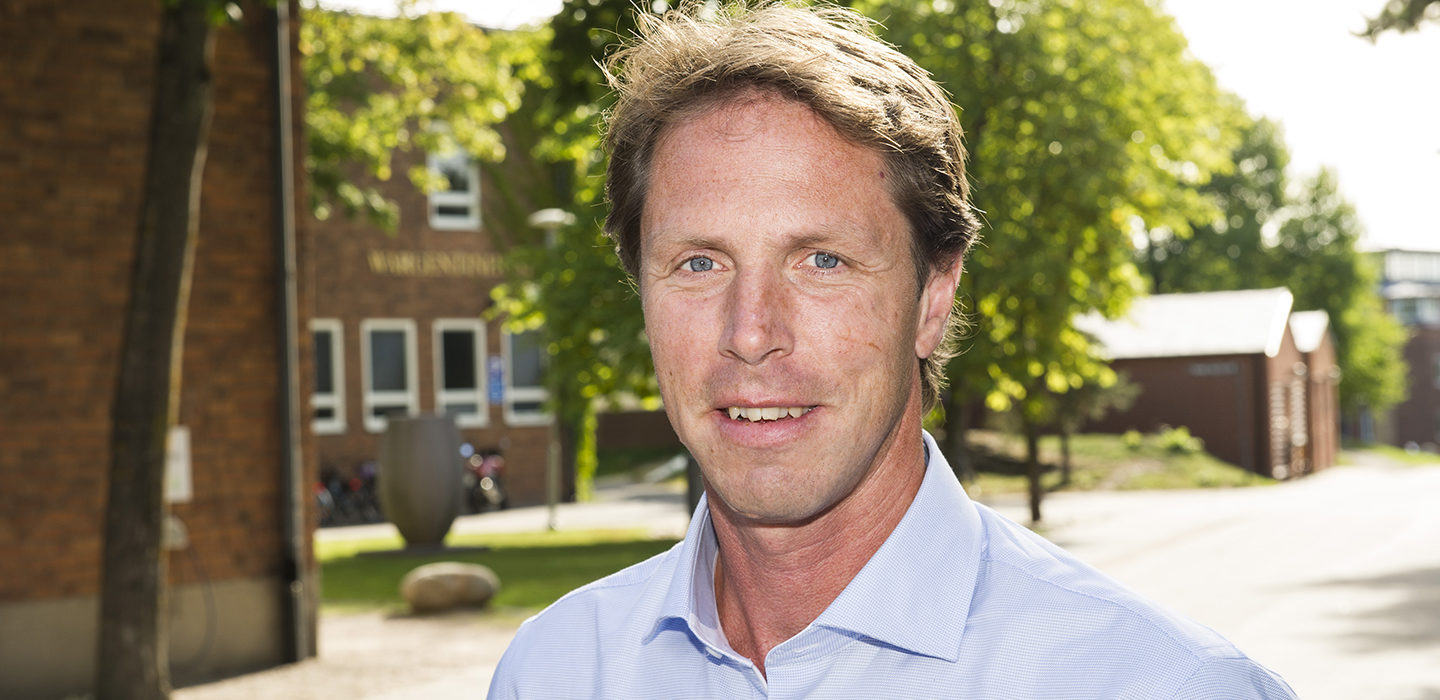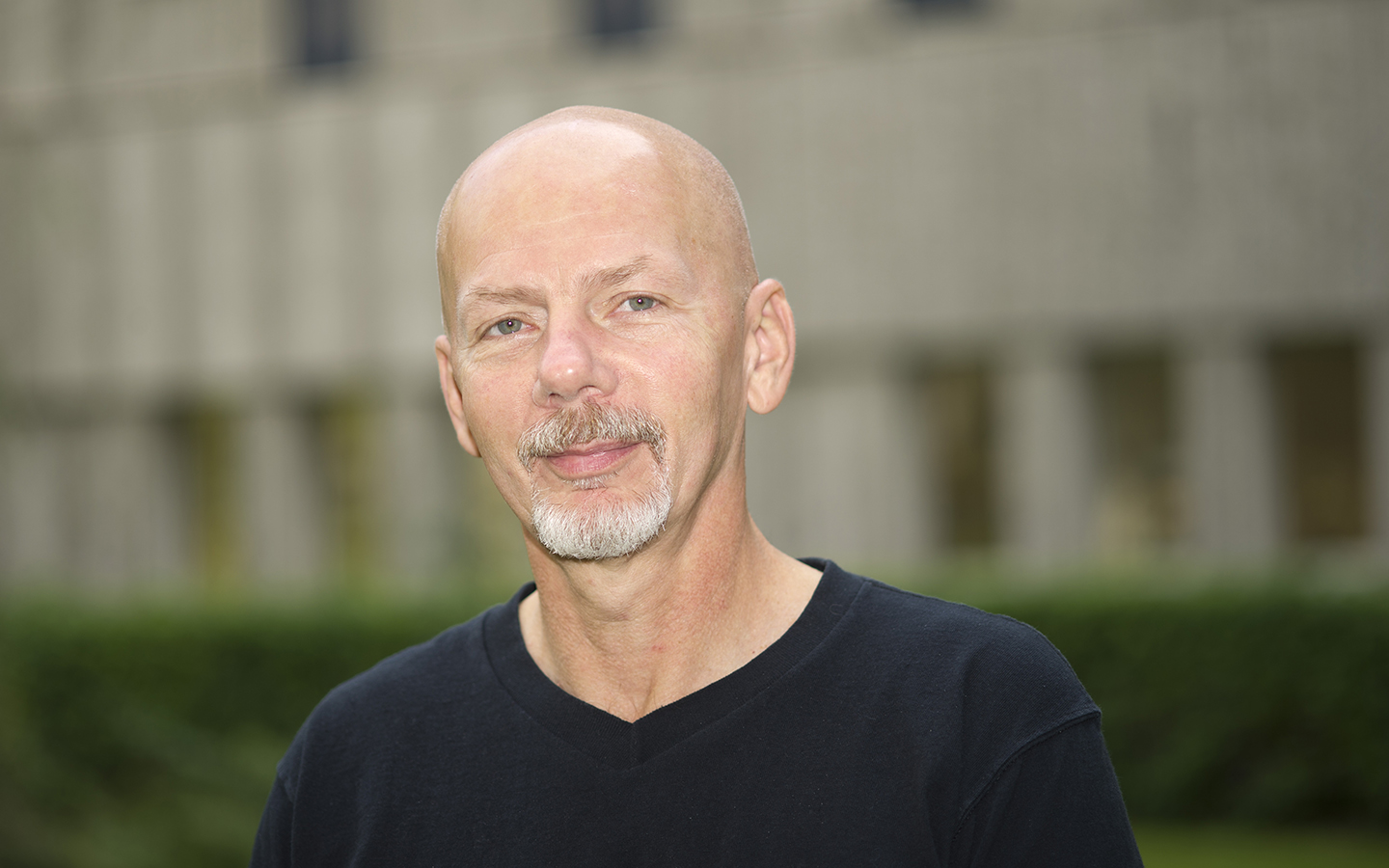Published
2020-02-18The Foundation enables several professorships in medical science, clinical medical research and five parallel academic professorships. The Foundation's professorships are located at Karolinska Institutet and at the Kungl. Academy of Sciences.
Torsten and Ragnar Söderberg Foundations' anniversary donation to Karolinska Institutet
On the occasion of the 200th anniversary of the founding of Karolinska Institutet, the Torsten Söderberg Foundation and the Ragnar Söderberg Foundation jointly donated SEK 100 million in 2010. The purpose of the donation is to enable Karolinska Institutet to attract internationally prominent researchers.
The donation of SEK 100 million was allocated to the Torsten and Ragnar Söderberg Professorship in medical science of SEK 50 million and to three shorter Söderberg Professorships in clinical medical research, totaling SEK 50 million.
Torsten and Ragnar Söderberg Chair in Medical Science
- Thomas Helleday (Translational Medicine)
Söderberg Professorships in Clinical Medical Research
- Staffan Holmin (clinical neuroimaging)
- Stephen Strom (regenerative medicine)
- Olle Kämpe (clinical endocrinology)



